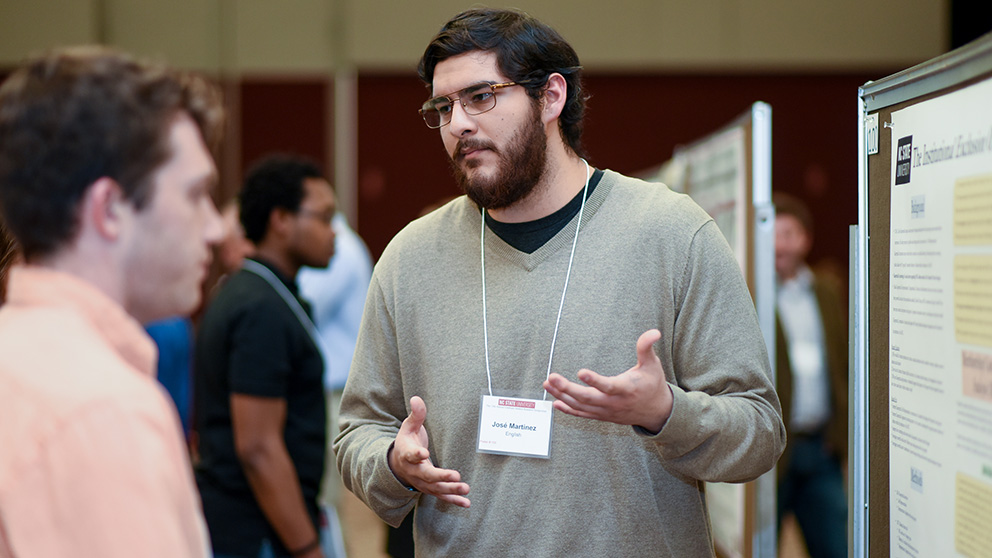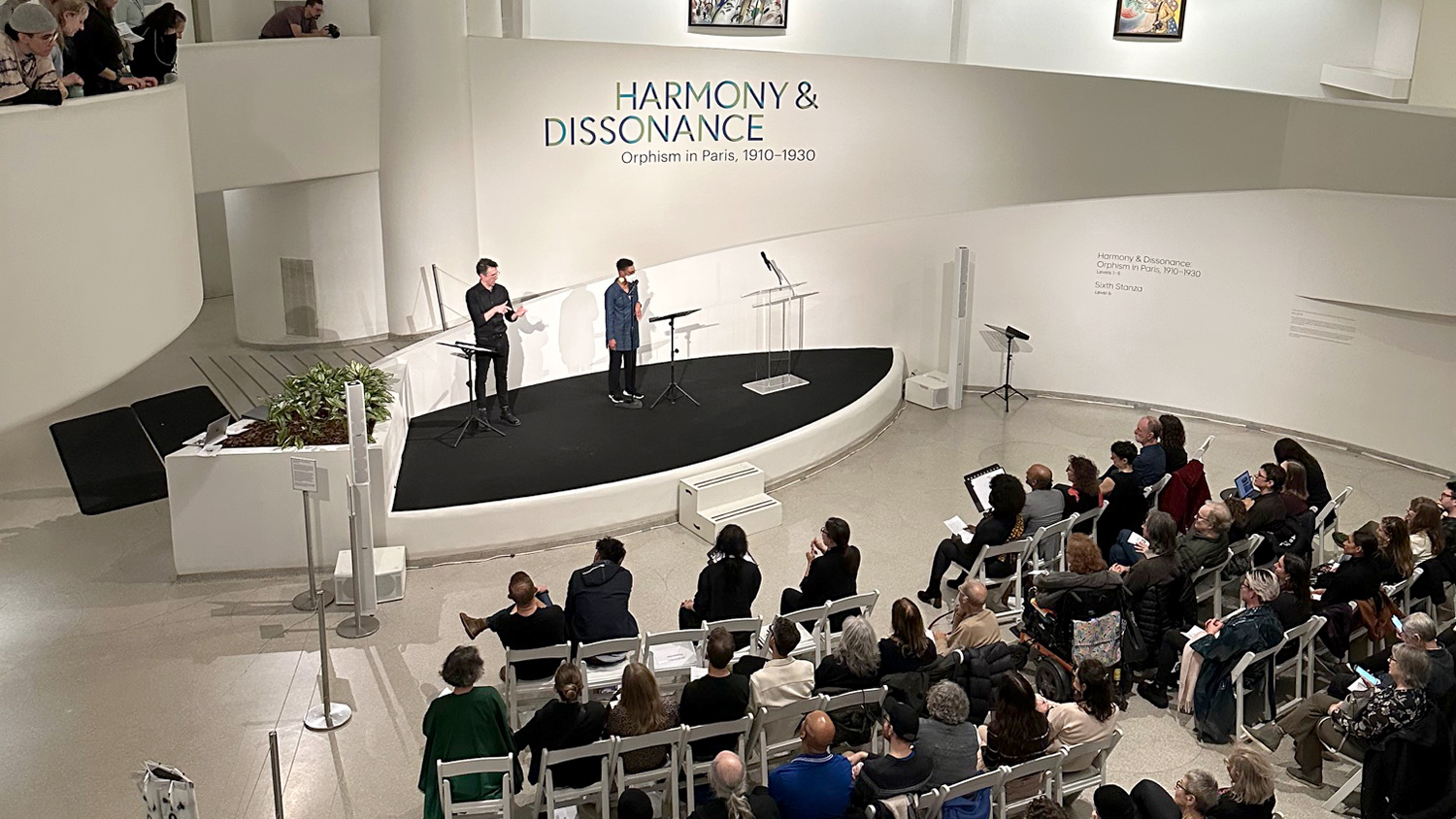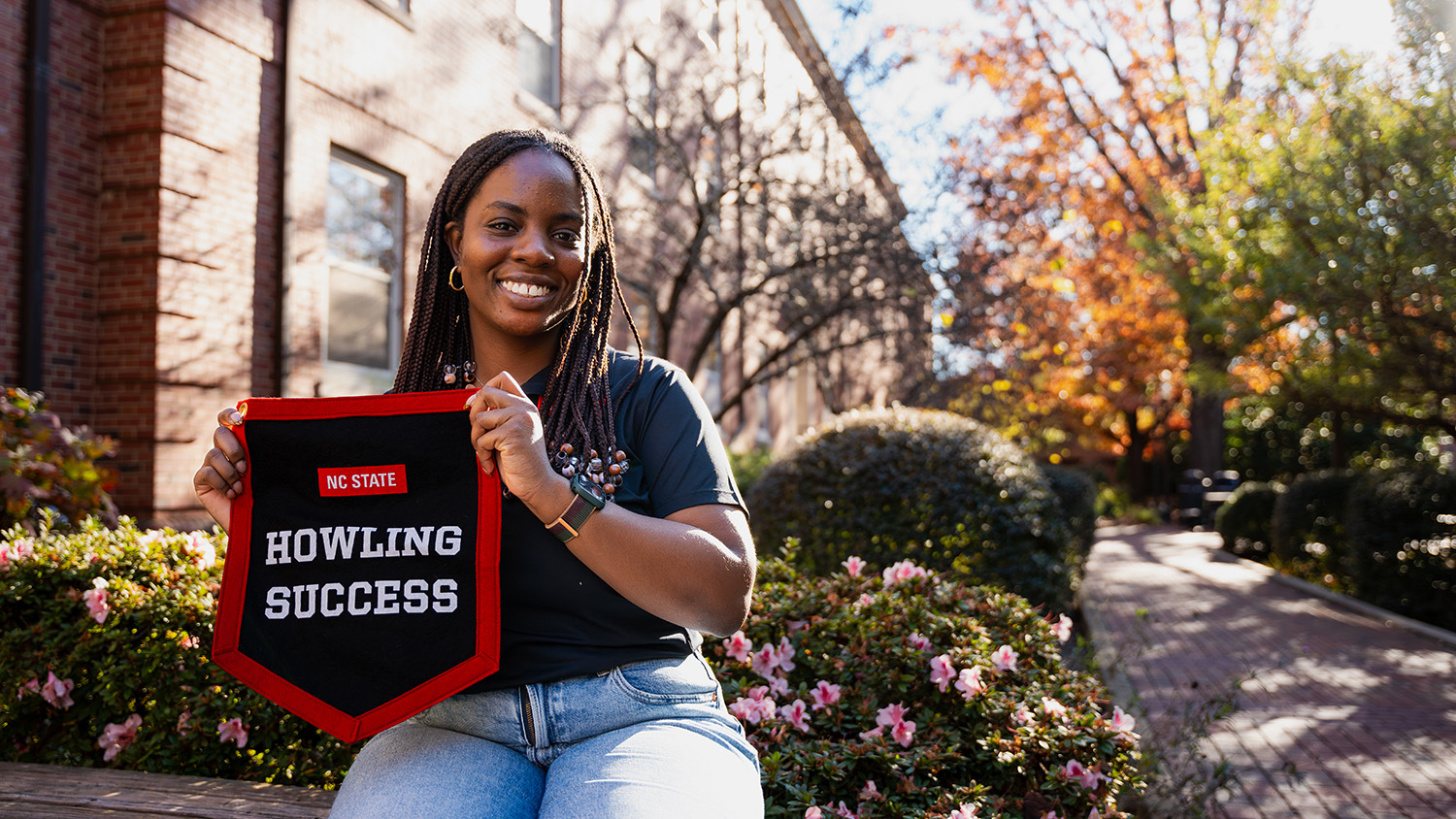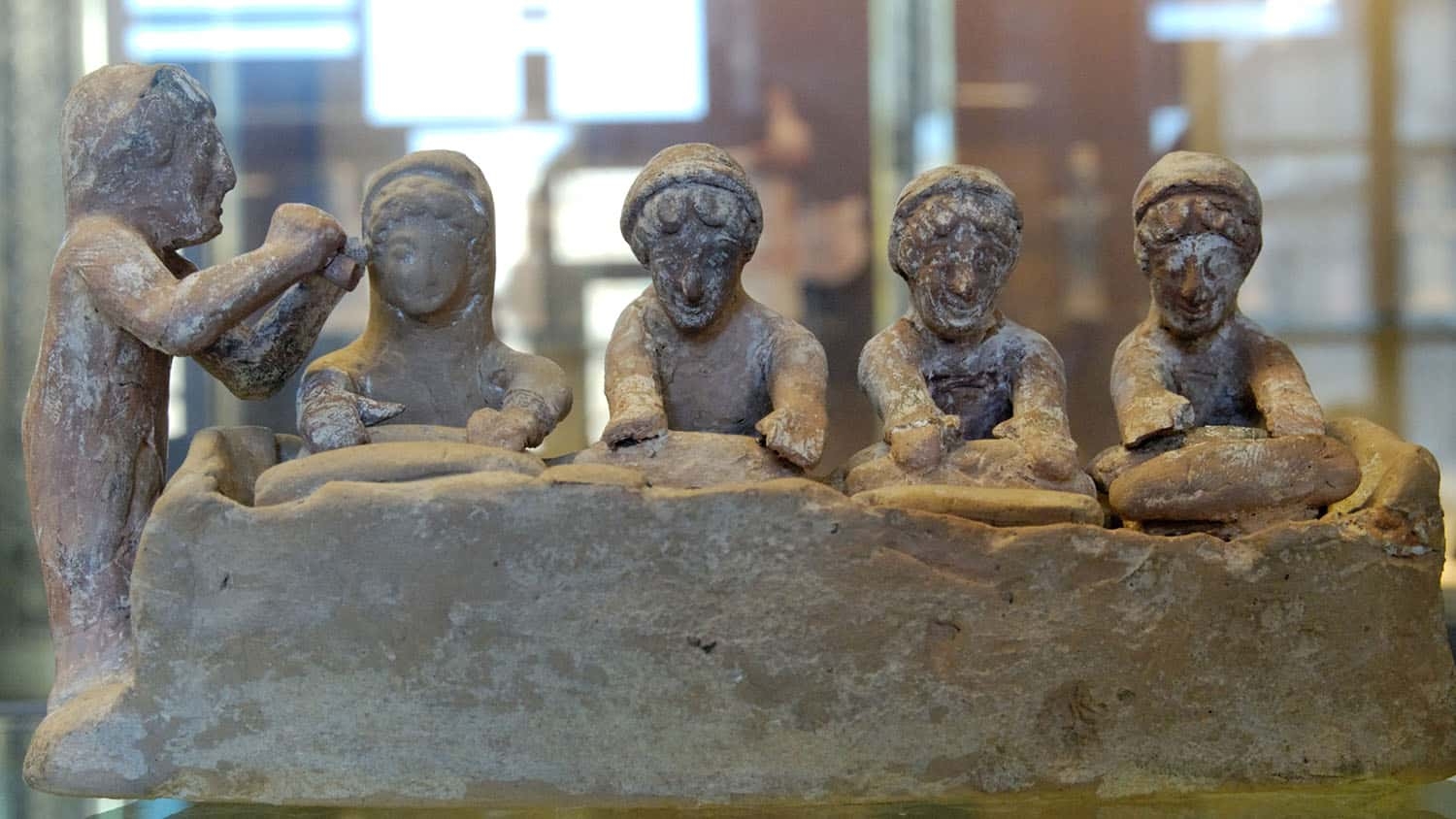You Can’t Play With Us: The Discursive Exclusion of Colin Kaepernick

When professional football player Colin Kaepernick opted not to stand during the playing of the national anthem before an NFL game, he ignited a national controversy. The quarterback said he was protesting racial injustice in the United States. It may have cost him his contract.
The protest and the rhetoric that surrounded it intrigued NC State graduate student Jose Martinez, whose master’s degree studies in English concentrate on rhetoric and composition. Martinez undertook a research project to explore the discursive exchanges that occurred between Kaepernick, President Donald Trump and NFL Commissioner Roger Goodell. He entitled his project “You Can’t Play With ‘Us:’ The Discursive Exclusion of Colin Kaepernick.”
Martinez says he wanted to reveal the covert and overt power at stake in discourse, as well as between social actors. He also wanted to explore the complexity involved in commonplace discourse.
We recently caught up with Martinez about his findings, which he presented at the 2018 NC State Graduate Student Research Symposium.
Q: How would you describe your research topic to a lay audience?
My research topic examines the common language that was used in a complex social issue regarding racial prejudice, injustice and the perpetuation of marginalized Black American communities. Specifically, in response to Colin Kaepernick’s national anthem protests, powerful social figures navigate and make use of group identities and ideologies to maintain and perpetuate systemic injustices and social standings. President Trump’s discourse makes use of linguistic concepts of institutional discrimination, the rhetoric of inclusion/exclusion and membership categorization.
Q: How did you get interested in this research?
I was interested in the research by the wave of protests that emerged throughout the National Football League and the sports world thanks to the cognizance and efforts of Colin Kaepernick. In 2016, he began protesting the national anthem because he felt the American flag and its associated beliefs are being misappropriated to only represent a limited demographic of Americans. Questions that guided my work include: Why would the American president work to discredit and silence an American activist? How has Kaepernick’s foci on racial injustice, inequality and police brutality been veiled by Trump’s discussions of patriotism? What position does the institution of the NFL adopt regarding Kaepernick’s motivations?
Q: How did you conduct your research? What method(s) did you use?
Employing frameworks of membership categorization analysis, the rhetoric of exclusion, and institutional discrimination, I looked at three different social figures and specific instances of their discourse regarding Kaepernick’s protest. I analyzed a ten-minute interview of Kaepernick defining his motivations (2016); a small yet salient portion of a political rally in which Trump criticizes the NFL and its protesters (2017); and the brief response to Trump provided by NFL commissioner Roger Goodell (2017). I coded each piece of data to identify the use of incumbent pairs (“us”/“them”), motivations in relation to social context, and discourse that is categorized as inclusive, exclusive and institutionally discriminatory. Kaepernick makes little to no use of incumbent pairs, exclusionary rhetoric or institutional discrimination.
Q: What did you find?
My results show that Kaepernick’s discourse aligns him with social out-groups (Black communities oppressed by systematic injustice, racial inequality and/or police brutality). As a result, Kaepernick is excluded from his in-group of the NFL. Results also suggest that Trump’s discourse distracts from Kaepernick’s motivations, exacerbates patriotism and demonizes NFL protests. Trump’s discourse also pits patriotic ideologies against those of social activism and reform. Lastly, findings indicate that the institution of the NFL works to remain apolitical by emphasizing the communal “good” their in-group members practice.
Q: What might your findings suggest for the times in which we live?
For the time we live in, my findings suggest that there is always more to social reform and drama than meets the eye, especially when politics and entertainment become entertwined.
- Categories:


